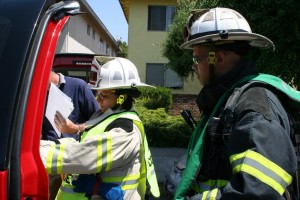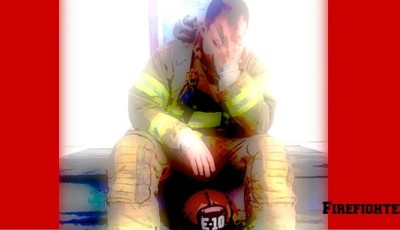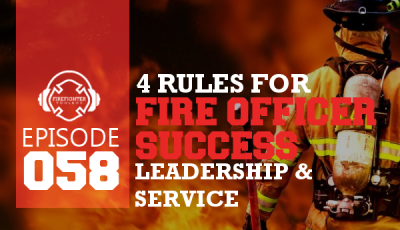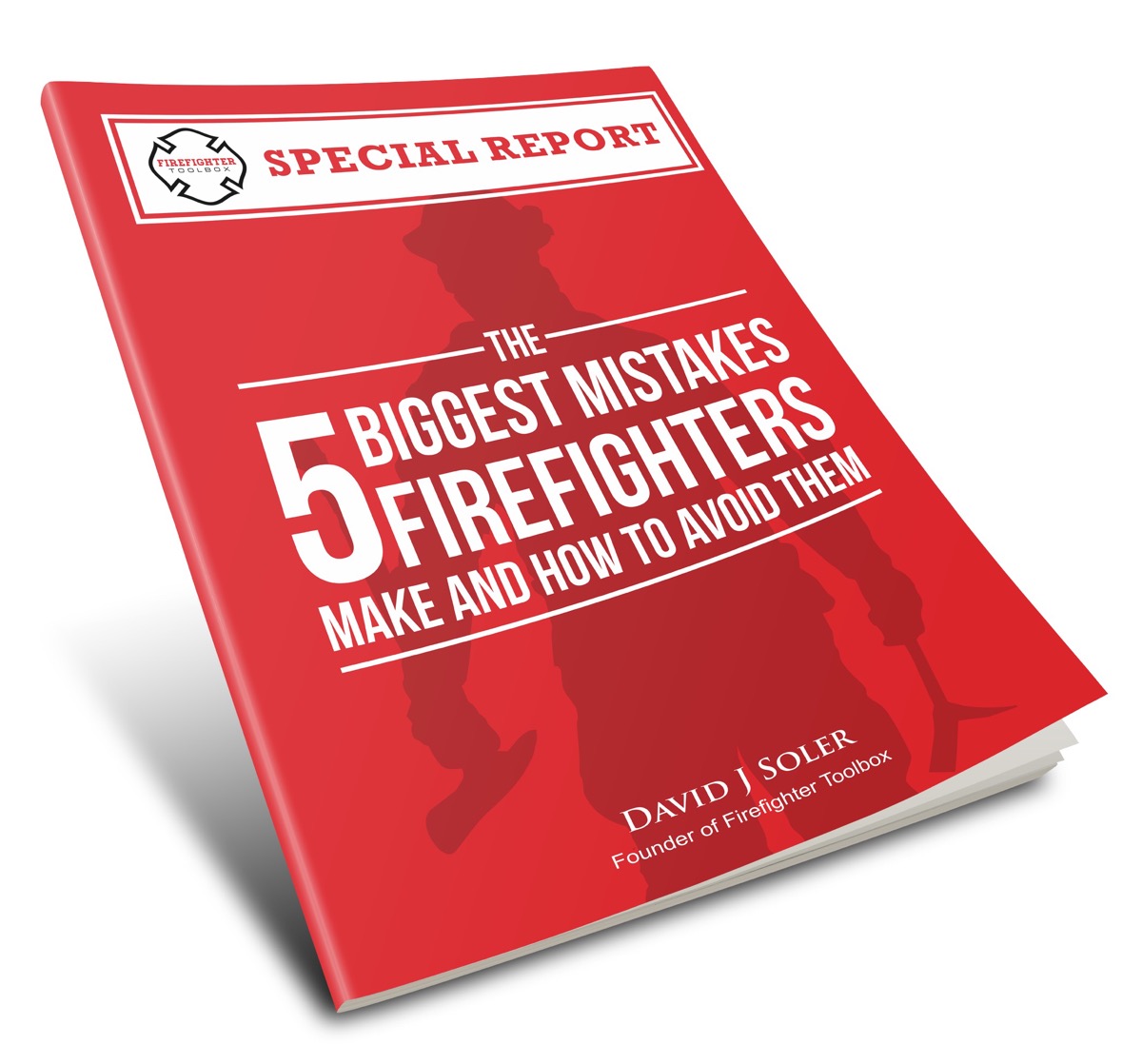NFPA 1021 – More Than Just Numbers
In the fire service there are a set of standards that we strive to achieve. Have you read them?
We as fire officers should be very familiar with NFPA 1021, also known as the “Standard for Fire Officer Professional Qualifications”. The intent of the standard is to define progressive levels of officer responsibility, as well as specify the minimum job performance requirements to serve as a fire officer.
Please don’t be fooled by the word “professional”. This applies to all officers; career or volunteer.
In today’s fire service the level of education has increased through the hard work and dedication of its members, and with the speed of technology and information sharing there should be no reason not to measure up to the standards. What we are experiencing in the last decade is the “professionalization of our profession”.
Let’s take a look at the professional qualifications that are listed for Fire Officer I. Try to take a personal inventory of strengths and weaknesses in these areas and strive to improve upon them.
Human Resource Management
Utilizing and conducting performance evaluations during emergency and non-emergency situations. Accomplish tasks in accordance with safety plans in an efficient manner.
Suggestions for Improvement: If you have to conduct evaluations familiarize yourself with NFPA 1001 and evaluate accordingly. Review your department’s health and safety program. If your department doesn’t have these programs, write them and submit for review. Become pro-active.
Community & Government Relations
Communicating with the community about the department’s role, image and mission statement. This also included performing fire prevention education details.
Suggestions for Improvement: Get out of the fire house and be seen. Take in a local ball game. Talk to the citizens about what it is we can do for them. Become involved in fire prevention duties. Read books to children, provide tours of the fire house. Create the positive image within the community.
Inspection & Investigation
This duty involves inspections, fire cause investigations, evidence preservation, as well as securing the scene.
Suggestions for Improvement – This takes specific courses to become qualified to perform fire cause investigations and evidence preservation. Go do some pre-planning inspections and create a data base. Take walk troughs of buildings under construction, take pictures for training purposes. Keep a disposable camera on the rig for this reason.
Emergency Service Distribution
This duty involves all areas of emergency scene supervision. Conducting pre-incident planning and deploying resources within the local emergency management plan.
Suggestions for Improvement – This is the nuts and bolts of what we do as officers. Keep calm and maintain situational awareness. Put the safety of your crew above all else. Know your department’s mutual-aid agreements and utilize them for multi-agency drills. Become familiar with how they operate. Review your SOP’s – SOG’s and drill on them.
It all boils down to; know what is expected of us. Strive to achieve and maintain our constant readiness abilities. At the end of the day, we ALL have to be technically and tactically proficient!
When you are asked if you can do a job, tell ’em, ‘Certainly I can!’ Then get busy and find out how to do it.
Theodore Roosevelt












I am very familiar with the NFPA standard. I have over 21 years in the fire service and I am certified to the Fire Officer IV level. Currently I oversee the Fire Officer Training program at TEEX. Fire Officer I, II, III, and IV are at the heart of my program.
Good information Lt. Dixon and refrence to NFPA 1021. @ Robert Barrin, I used to be a TEEX Instructor on the DoD division. Has there been any improvements to the FO 1-4 curriculums of TEEX to emphasize leadership and emergency scene management vs a heavy focus on administration duties/requirements?
I am a certified Officer at level 1(whichis the only level my state offers). I serve in a combination department as the safety/training offcer and hold the rank of Battalion Chief. When I took the certification class 3 years ago, I saw a problem with the IFSTA text book and course that we use. This class spends more time on issues related to labor relations and budgeting that many Officers in the Volunteer Departments and probably in Career Departments dont have to deal with. I think the standard or classes should spend more time on how to deal with personel and tactics that can be used at the company level.